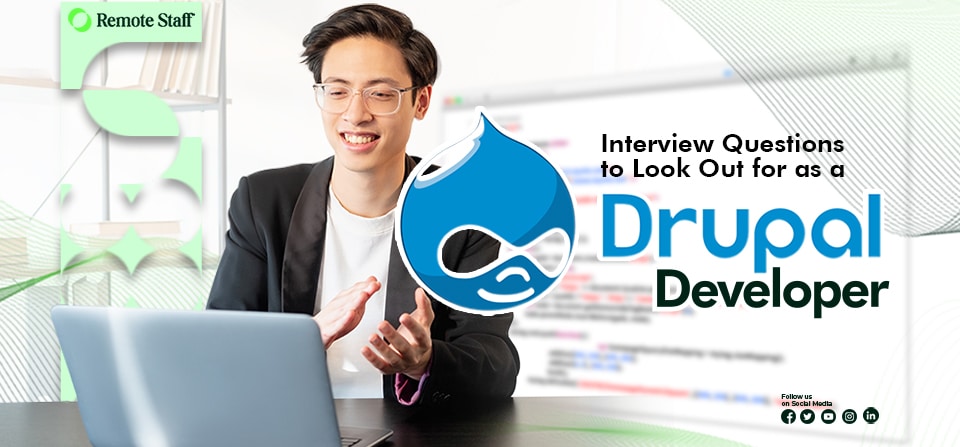One of the most challenging parts of applying for an online drupal developer job, or any job for that matter, is the job interview. Here, you will have to convince your potential employer that you are the right fit for the job. If you’re not prepared for their questions, then you might as well kiss your chances goodbye, despite how qualified you are.
So, to help you prepare for your job interview, here are some of the Drupal developer-specific interview questions you need to look out for. In addition, I will also include here the online drupal developer job description as well as your duties and responsibilities.

Skills, Duties, and Responsibilities.
Before discussing the questions you need to know for an online drupal developer job interview, let’s discuss what a Drupal developer is first. A Drupal developer is a web developer responsible for both frontend and backend development and theming of a website or web application using the Drupal operating system. Aside from this, your other duties and responsibilities include:
- Formulate an effective and responsive design and turn it into a working theme.
- Develop the backend components for improved responsiveness and overall performance.
- Update and maintain websites and web applications.
- Coordinate with the internal teams to understand user requirements and provide technical solutions.
- Accomplish all assigned tasks and submit them on time.
To accomplish this, you will need to be proficient in PHP; since Drupal is written via the PHP language, and other server-side languages. In addition to this, the other skills you will need include:
- Extensive knowledge and expertise in both the Drupal environment and theme layer.
- Fluency in HTML 5/XHTML and CSS.
- Advanced level proficiency in JS/jquery/Ajax.
- Expertise in PHP.
- Problem-solving skills.
- Familiar with using testing tools.

Online Drupal Developer Salary Range.
To show you how valuable Drupal developers are today, let’s take a look at the Drupal developer’s salary. Junior-level online Drupal developers can expect to earn between Php 35,000 to Php 48,000. While experienced developers have a salary between Php 76,000 to Php 90,000.
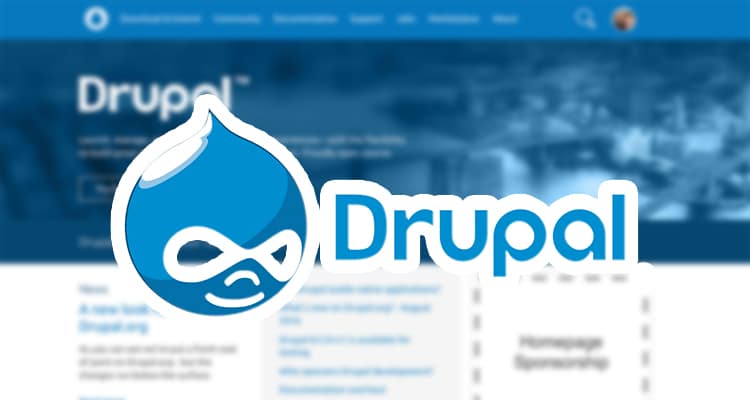
What is Drupal?
One of the first questions that your interviewer may ask you during the interview is: “what exactly is Drupal?” Sure, it sounds silly to ask this, but asking this question ensures that you actually know what Drupal is and are capable of using it.
Drupal is a Content Management Software (CMS) used to develop websites or web applications. It’s a free CMS framework and open-source content written in PHP. Its key features are its ability to embed media within nodes hosted in your websites and enabling users to attach various files to node types.
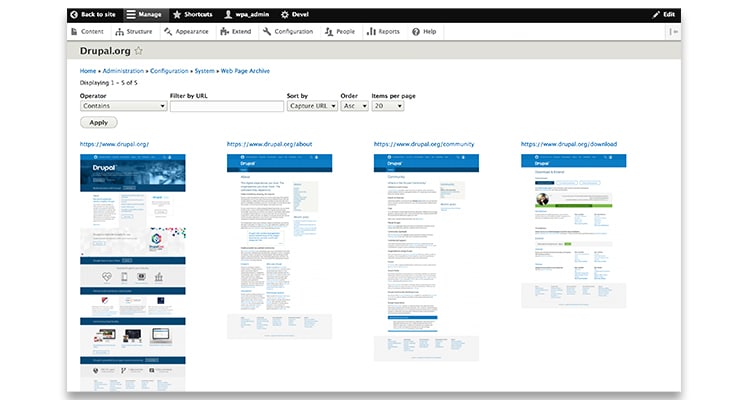
Image credit: drupal.org
What Are Nodes in Drupal?
A follow-up from the previous question is this. Nodes are the various types of content stored within a Drupal website. They can range from articles, forum topics, or pages. The exception to these, however, are comments. Comments are not stored as nodes but are connected to them instead.
Drupal’s ability to treat all content as nodes enables flexibility in producing new content. This lets you use various content forms in your website or web application, keeping it fresh. It also means implementing changes to your website is a lot easier.
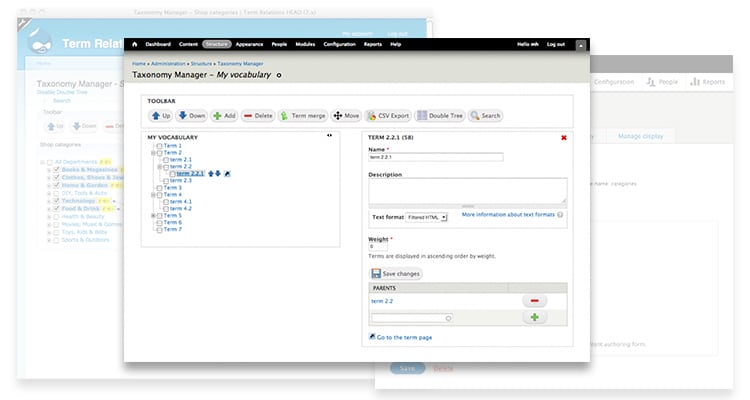
Image credit: drupal.org
Are You Familiar With Drupal’s Taxonomy System and Its Key Features?
Another thing that you may be asked by your interviewer is to discuss Drupal’s taxonomy system. This system allows you to categorize your nodes on your website and lets you form an arbitrary definition of terms and organize them into vocabularies.
There’s no limit on how many of these vocabularies you can form, nor is there a limit on how many terms you can include in these vocabularies. Drupal’s taxonomy system enables you to connect, relate, and classify the content of your website. This makes it easy to look for terms or phrases on your website when you need them and properly organize them.
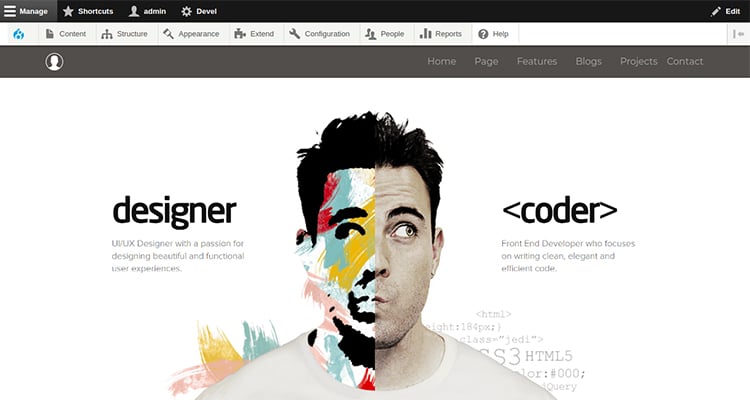
Image credit: drupal.org
Do You Have a Portfolio of Your Work Using Drupal?
After gauging your knowledge of Drupal, your interviewer may request you to show a portfolio of your work. This ensures your interviewer that you don’t just have a theoretical grasp of developing via Drupal; but actual experience with it.
When answering this question, remember that you must be honest about your actual accomplishments. You may think that your potential employer may not find out, but they will. And when they do, there will be grave consequences. Aside from firing you, your employers can sue you for deceiving them as well.
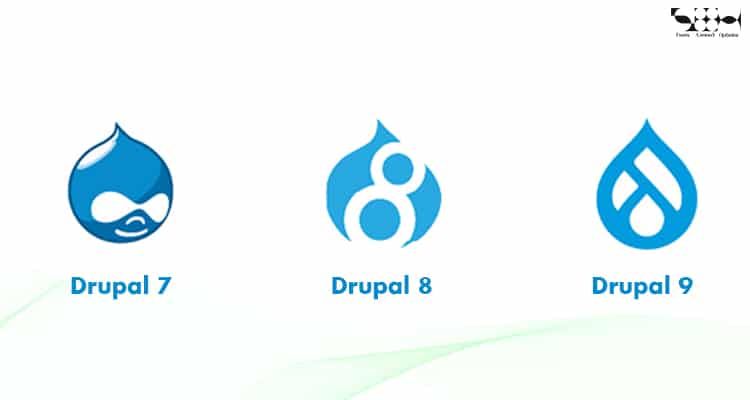
What Version of Drupal Can You Work On?
And of course, your interviewer would also like to know which version of Drupal can you work on. The currently supported versions of Drupal are Drupal 7 and Drupal 9. Between the two, the most recent and supported version is Drupal 9, so being familiar with it is a great advantage.
Still, just because Drupal 9 is the most recent version of Drupal doesn’t mean the website you’re going to be working on uses it. Some older websites may not have transitioned to using Drupal 9 yet. Thus, familiarity with the older versions of Drupal, such as Drupal 8, is also another great advantage.
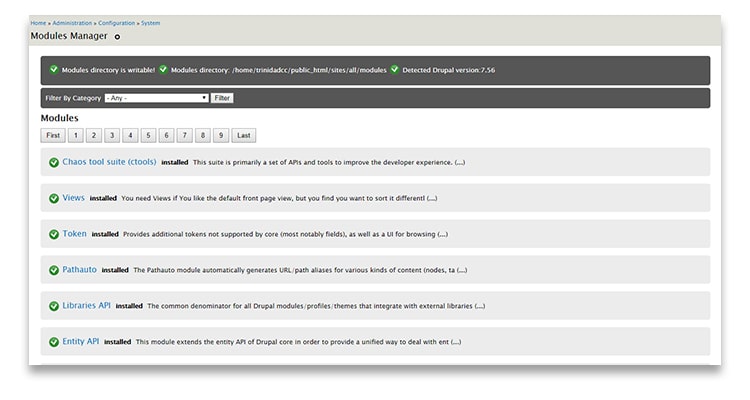
Image credit: drupal.org
Are You Capable of Developing Modules for Drupal?
Once your interviewer with your skill with Drupal, they may then inquire if you are capable of developing modules for them. Modules are codes that alter Drupal’s functionality or add new features to it. This allows you to modify your websites or web applications to better suit your client’s needs.
When asked this question, answer this honestly while presenting your evidence. Because this is a sought-after skill, it is tempting to lie about your actual competence in this area to get the job. But like with your portfolio, doing so only leads you to biting off more than you can chew and trouble with your employers.

Did You Receive Any Feedback From Your Work? How Were They?
Finally, if you have presented a portfolio of your works, of course your interviewer would like to know if they were received well by your clients and viewers. Knowing more about your previous work helps them see how you performed in your previous work and if your performance is satisfactory for them.
When answering this question, focus primarily on the positive aspects of your work. Highlight the positive things that your viewers have said regarding your website or web app; because these are the primary measure of their success.
But what if you didn’t have any portfolio to present, as this is your first time applying for an online Drupal developer job? Again, please be transparent about it to your interviewer, yet focus on how you are willing to learn whatever you need for the job.

Conclusion.
And that is it! Here are the questions you need to look out for during your online Drupal developer job interview. I hope this article will help you land this online job. I know from firsthand experience how nerve-wracking job interviews are. But now that you know the questions to look out for, you can better prepare yourself for your interview.

